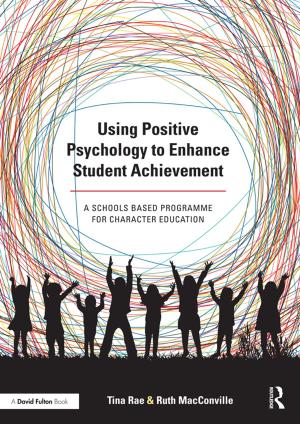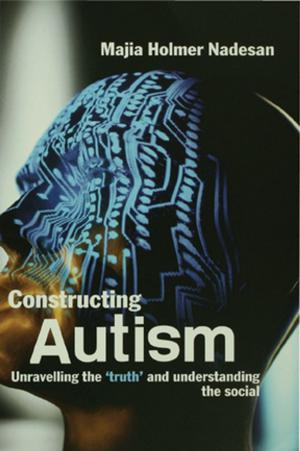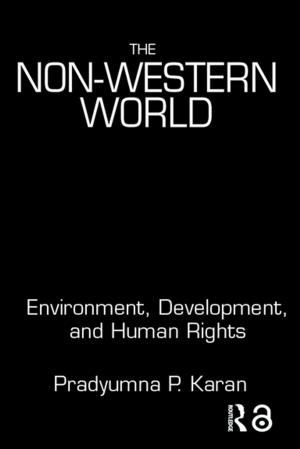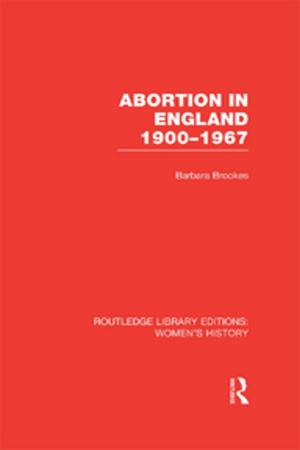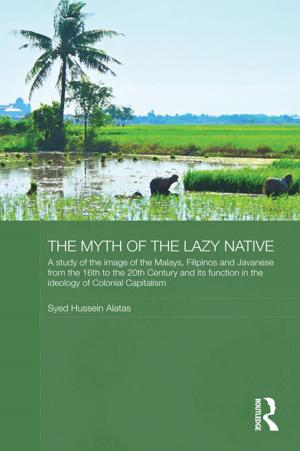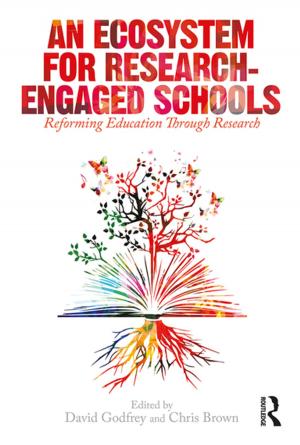Using Student Feedback to Improve Learning Materials
Nonfiction, Reference & Language, Education & Teaching| Author: | Michael B. Nathenson, Euan S. Henderson | ISBN: | 9781351215046 |
| Publisher: | Taylor and Francis | Publication: | February 6, 2018 |
| Imprint: | Routledge | Language: | English |
| Author: | Michael B. Nathenson, Euan S. Henderson |
| ISBN: | 9781351215046 |
| Publisher: | Taylor and Francis |
| Publication: | February 6, 2018 |
| Imprint: | Routledge |
| Language: | English |
The use of self-instructional learning materials, presented through a wide range of media, was becoming an increasingly pervasive and important part of the educational scene at all levels, from infant school to university. Much had been written, both theoretical and practical, about various aspects of the techniques for developing such materials. However, one phase of the development process, while generally recognised to be critical in producing materials of high quality and educational effectiveness, had been relatively neglected in the literature. This is the phase of trying out the materials in draft form on students, collecting feedback and undertaking revision in the light of the ensuing data.
Based on considerable practical experience, this book, originally published in 1980, examines the planning and executing of the collection of feedback from students, on self-instructional learning materials concerned with various subject-matters and presented through various media, both printed and audio-visual. A brief survey of the development of materials-based learning is provided in order to set the use of student feedback in context, and to sort out some of the terminology in common use. The main part of the book illustrates a step by step method through all the stages of the try-out process, from initial planning of the project to final revision of the materials. Thus a particular approach to the process of trying out draft materials is advocated, which is outlined by means of a case study. Finally, there is an examination of whether using student feedback to revise learning materials can actually improve their educational quality and effectiveness, with particular reference to the approach described earlier.
Incorporating a full bibliography, this study combines a comprehensive review of what is known about this crucial phase of developing learning materials, with an original ‘how to do it' guide for practitioners which has itself been subject to extensive try-out.
The use of self-instructional learning materials, presented through a wide range of media, was becoming an increasingly pervasive and important part of the educational scene at all levels, from infant school to university. Much had been written, both theoretical and practical, about various aspects of the techniques for developing such materials. However, one phase of the development process, while generally recognised to be critical in producing materials of high quality and educational effectiveness, had been relatively neglected in the literature. This is the phase of trying out the materials in draft form on students, collecting feedback and undertaking revision in the light of the ensuing data.
Based on considerable practical experience, this book, originally published in 1980, examines the planning and executing of the collection of feedback from students, on self-instructional learning materials concerned with various subject-matters and presented through various media, both printed and audio-visual. A brief survey of the development of materials-based learning is provided in order to set the use of student feedback in context, and to sort out some of the terminology in common use. The main part of the book illustrates a step by step method through all the stages of the try-out process, from initial planning of the project to final revision of the materials. Thus a particular approach to the process of trying out draft materials is advocated, which is outlined by means of a case study. Finally, there is an examination of whether using student feedback to revise learning materials can actually improve their educational quality and effectiveness, with particular reference to the approach described earlier.
Incorporating a full bibliography, this study combines a comprehensive review of what is known about this crucial phase of developing learning materials, with an original ‘how to do it' guide for practitioners which has itself been subject to extensive try-out.

